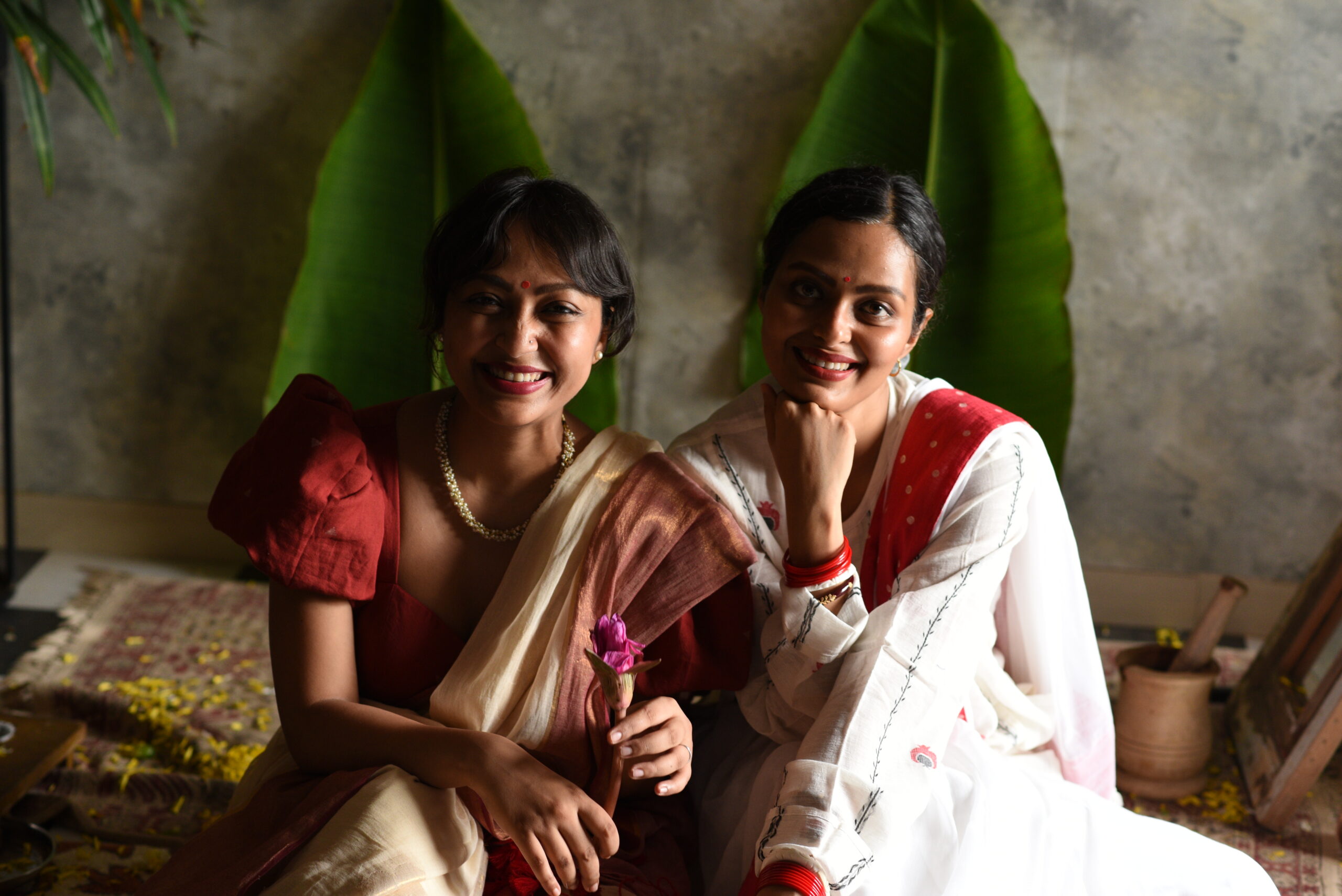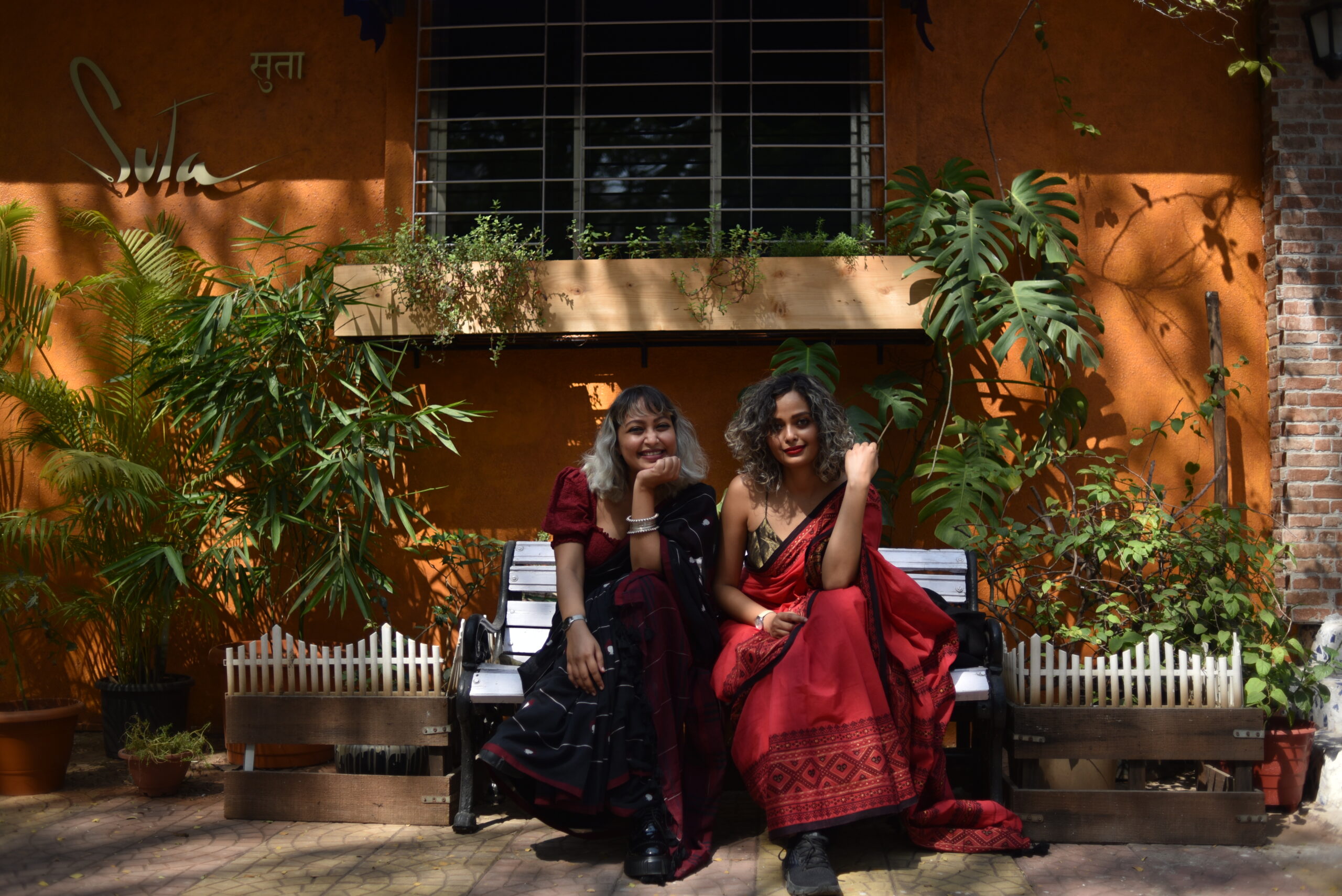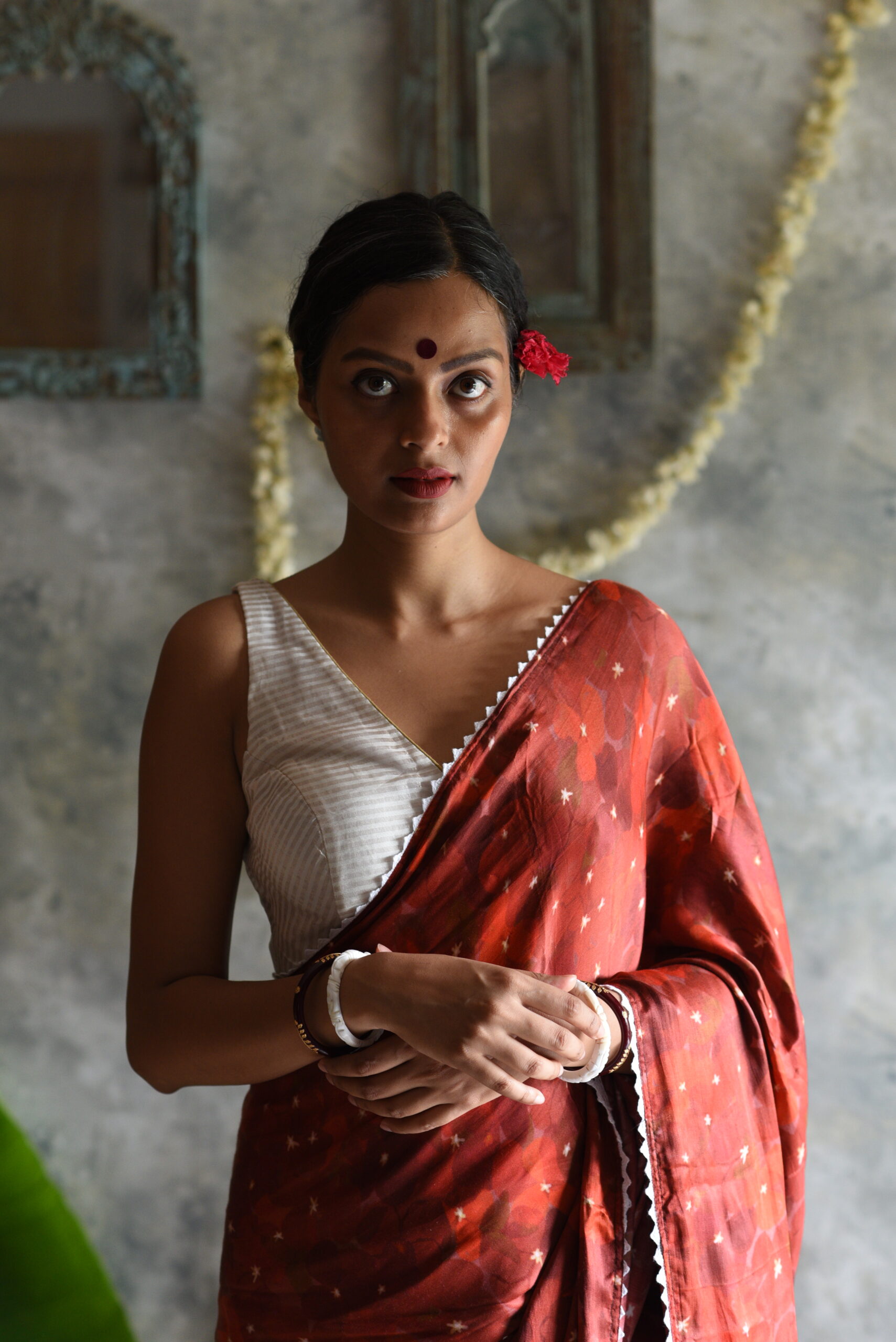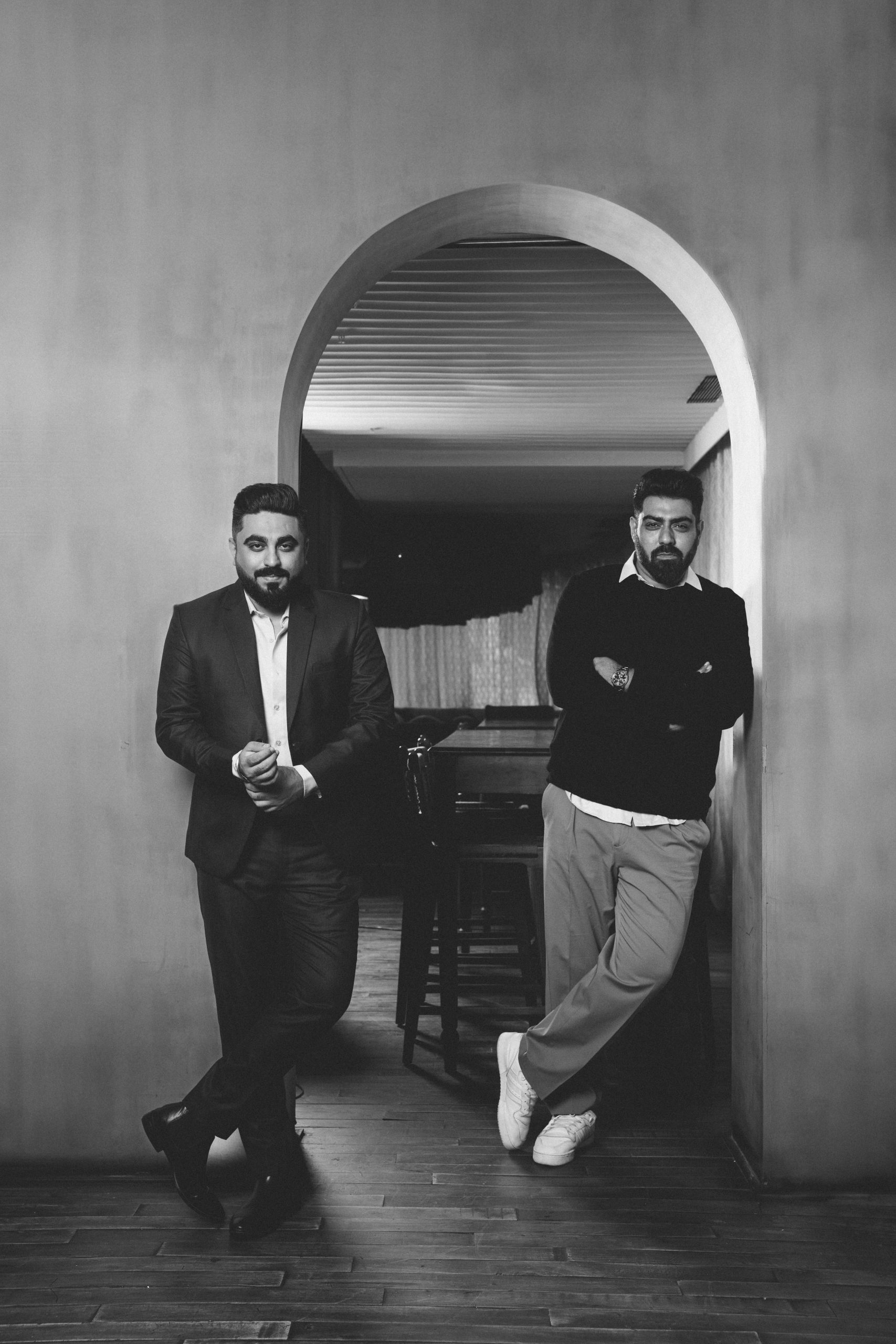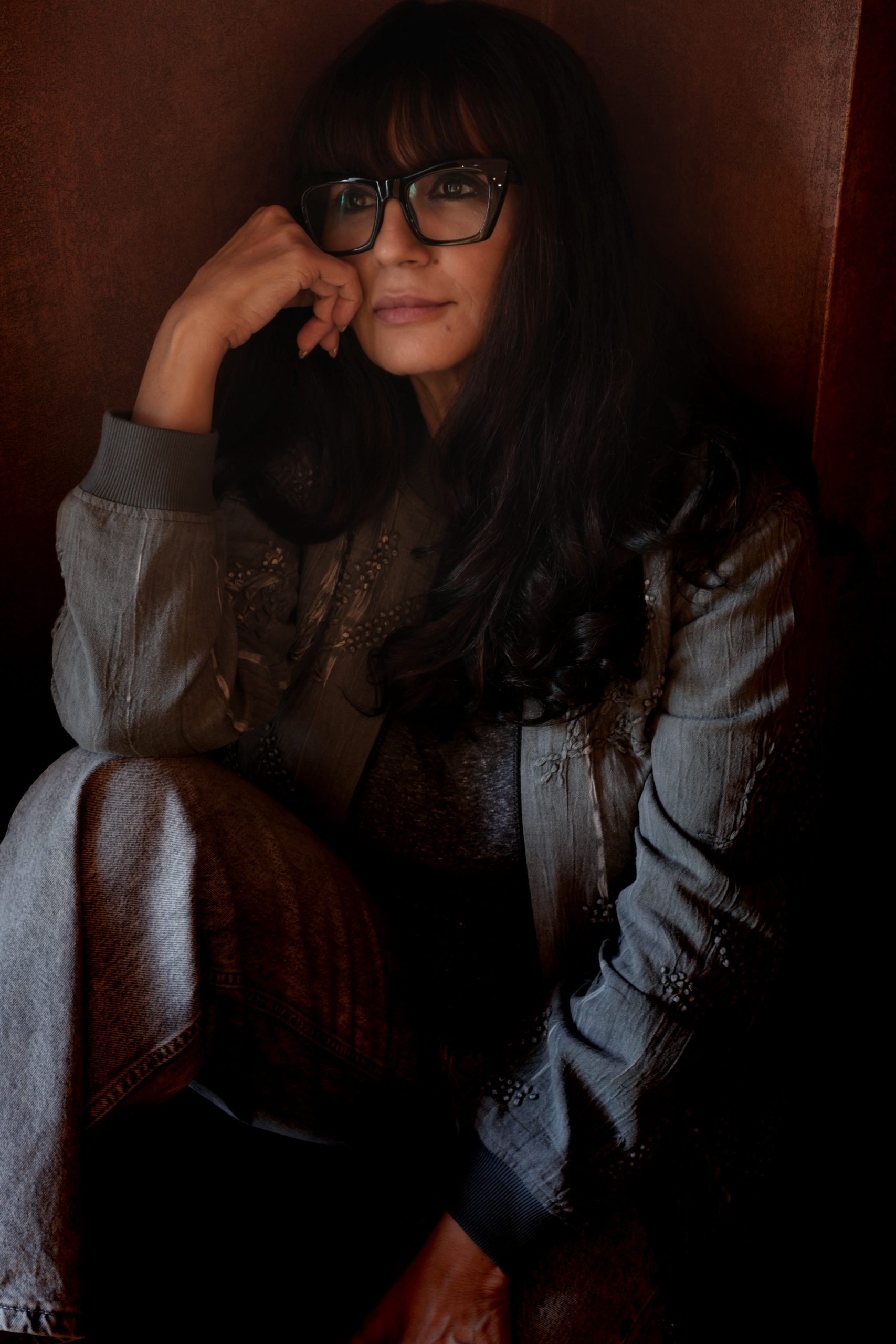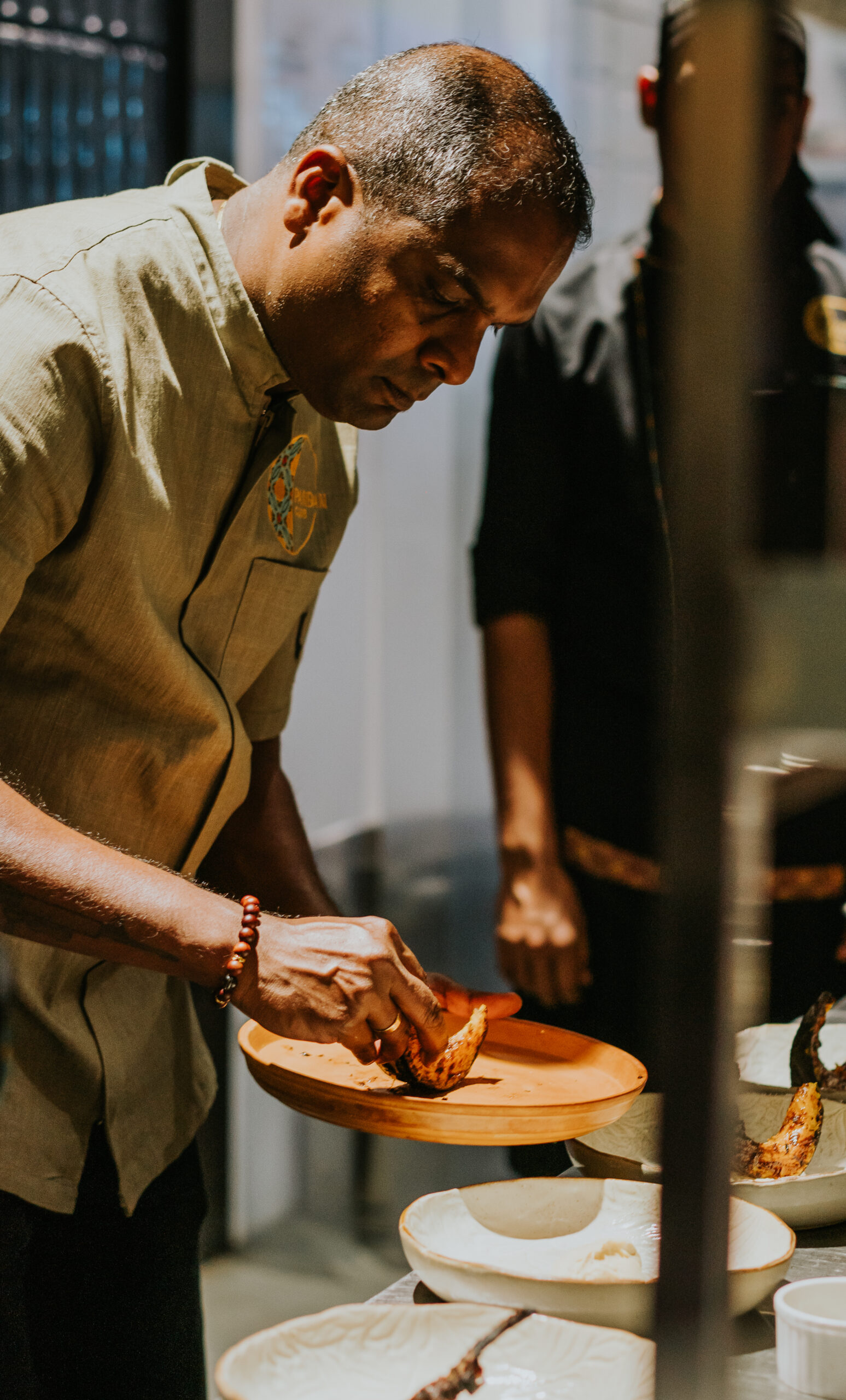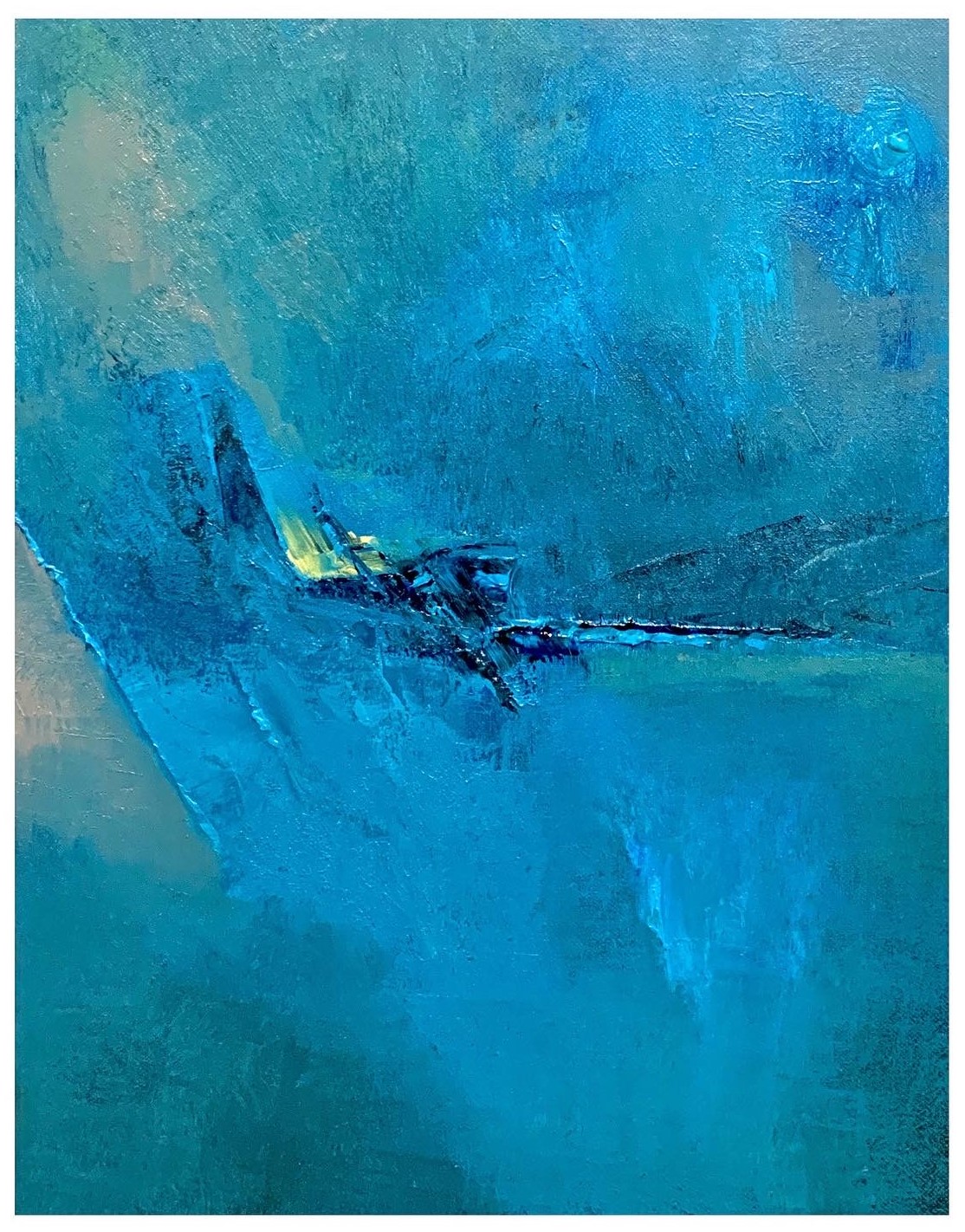Meet the Suta sisters, Sujata and Taniya Biswas. Both of them, engineers by profession, ditched their high paying jobs and bootstrapped their way into building an impressive sustainable fashion brand, Suta, which is a holistic combination of their two names. It also means thread in Hindi.
From working with two weavers and one assistant, they currently engage over 17,000 weavers and nearly two hundred employees. Seeing as the fashion industry is biggest polluter after oil and gas, Sujata and Taniya have succeeded in proving that with enough passion and tenacity, sustainable, slow fashion and a circular economy model can make very good business sense and keep all the stakeholders happy.
Graduating from CET Bhubaneswar and IIFT Delhi, Sujata worked with the Essar Group and Jindal Group and as a research assistant in e-commerce at IIT Bombay.
Taniya is a ceramic engineer with a business degree. She is also the person behind the lens for Suta merchandise, while her sister models the products, creating a look and feel that is stylish, edgy, yet relatable. Taniya is also a vocal advocate for mindful fashion and runs a freewheeling podcast on entrepreneurship and sustainability. And get this- the two sisters live together in a flat in Mumbai along with their respective spouses and children, with their parents and in-laws nearby, providing them with the perfect family support system allowing them to take off for work at short notice.
What about differences, artistic or otherwise when you live in such close quarters? “We do have differences of course but we make sure we find resolution before going to bed. It’s a childhood rule my mother instilled in us,” they clarify. Opening their flagship outlet in Bangalore after Kolkata, Thane and Mumbai, the effervescent duo and their team say that are limited only by their imagination. If you wander through their store and browse through the racks and shelves of beautiful, whimsical, quirky and creative merchandise, you might find that their collective imagination is indeed quite limitless.
The store itself is a delightful mélange of eco-friendly design elements in glowing metal, wood and stone. Soft earthy tones invite you to explore and linger. Oxide floors, kadappa stone slabs, pigmented lime plaster, rammed earth corners, ancient wooden pillars and old armoires are some of the striking design features. They juxtaposition with picture windows, cozy seating, plants and cane baskets of colorful curiosities- think cleverly designed sewing kits, jewelry, handkerchiefs and cuddly dolls made from waste fabric. “Everything used is either refurbished or upcycled. We were lucky that our architects Made in Earth totally nailed our concept,” says Sujata.
Going back to the genesis of the brand, she describes how the sisters grew up as best friends since their dad was in the Railways and the family was constantly transferred .Changing schools, friends and neighbours practically every year was the norm. “The only constant we had was each other. We used to amuse ourselves making dolls and little things out of old handkerchiefs and scraps, sell them to family and relatives. I guess we were on the path to Suta even then,” smiles Taniya, adding, “Our mother enrolled us in home science classes and insisted we complete every handmade assignment down to the last thread, however tedious it was. We hated it then but appreciate it now. We dutifully got our engineering and MBA degrees and subsequently high paying corporate jobs that paid well, but we were not fulfilled. We needed build something we could own and be proud of.”
The sisters took two years testing the waters, dabbling in photography, finding a couple of weavers to work with and creating a base for what was later to become Suta before quitting their jobs. “We wanted to source fabrics that were minimal, elegant, affordable felt great on your skin and told a story across wonderful craft centric geographies spanning West Bengal, Kashmir, Odisha, MP, UP, Gujarat, Karnataka, Meghalaya, and Maharashtra-to name just a few. Our first collection was the Made-in-Heaven Mul sarees from our very first weaver Gopida.His daughter in law would make pompoms that we used to embellish the edge of the pallau for us,” recalls Taniya, explaining how Suta prides itself on employing entire families of weavers. Those who cannot weave, attach falls that are made from defective sarees( another smart Suta move as every saree comes with the fall attached and edges finished). Other family members make tags, bags, tassles etc. Any rejects that don’t pass quality control are turned into bags and accessories. Entire families are thus employed, so in turn whole communities get involved. “Nothing is wasted in the Suta cycle. Even protective plastic used for packing is sent back to warehouses to be reused.”
So how was the Suta team built? “Our hiring process is different. We are not chasing numbers or setting huge sales targets. Our focus is on building great products, a loyal customer base and a dedicated workforce. Many of our team members were hired without even a CV. We prefer people with strong passion and work ethics who seriously believe in our brand, to someone with a string of degrees who will quit easily. Our first employee, Jaya used to help us with packing, shipping, managing our accounts and even cleaning our tiny space. She now handles our inventory. Raksha, our Head of Operations was an air hostess with Emirates. Rupesh, once our office boy and chief coffee maker, graduated to packing, then we taught him to use Lightroom, so now he photographs our products and uploads them on Shopify,”says Sujata.
The Suta sisters started small.With a modest capital of three lakhs each for the first two years. “We did all the initial leg work ourselves, as frugally as possible. From contacting weavers, explaining our design sensibilities, to building inventory, photographing the products and finding our customer base,” says Taniya, adding, “Today our clients come from all around the world and range from 18 years to 80 plus– we call them #sutaqueens. While many of them identify strongly with the Suta story and the fact that they can help sustain our Indian weavers by buying our products, there is also an independent growing demand for hand crafted fabrics and sustainable, slow fashion that doesn’t end up in landfills.”
They have also had their share of disasters. Once they lost a huge amount of inventory when their stall burnt down during an exhibition. During the pandemic, they made sure everyone was paid salaries on time. Skilled artisans who were working with bigger brands and earlier were not available, were laid off and came looking for work. Even though we were terrified of the uncertainty we took them on. We have never regretted that decision,” says Sujata.
The Suta range is impressively eclectic yet practical-beautiful sarees that range from classic Chanderi tissue or Kerala cotton to fun prints like skulls, dysmorphic cats or polka dots in candy colours, blouses to suit every form and sensibility, menswear, unisex shirts, lounge outfits , soft furnishings, jewelry , bags, Indian style cabbage patch dolls, et al. They also take their circular economy tag seriously. You can resell a Suta saree on their website or hand in an old favourite to be up cycled into a bag. “It’s expensive to remake but each pre-loved saree has a story that we retell,” they smile.
As Elizabeth Joy in her conscious life and style blog said-“Ethical fashion is the recognition that there are people behind the clothes that we wear.” It just about sums up what Suta is all about.
Words by Jackie Pinto.
